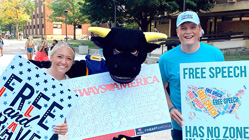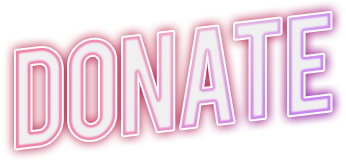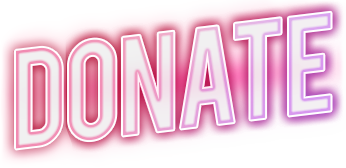M.B.A. Applications Drop — Is the Economy to Blame, or the Radical Leftist Agendas?

Photo: Carrie Andersen
The Wall Street Journal (WSJ) is blaming the economy for a drop in business school applications at well-regarded institutions such as Harvard and Wharton.
“At Harvard . . . M.B.A. applications fell by more than 15%. The Wharton School of the University of Pennsylvania recorded more than a 13% drop. At other elite U.S. programs . . . applications dropped by 10% or more for the class of 2024.”
The Wall Street Journal
The WSJ article tries to make the claim that potential students are foregoing business school as a result of the job market. This perspective lacks critical thinking. Often, students choose additional schooling in an attempt to avoid entering a difficult job market and to enhance their chances of securing a better opportunity.
Additionally, applications have historically risen during times of economic challenge. The article is simply running cover for the glaring failures within academic institutions.
Perhaps potential graduate students are avoiding these Ivy League universities because of the staggering prices and woke curricula. In other words: business school may simply be a poor return on investment.
“The cost of tuition for the Harvard MBA program for the 2020-2021 year is $73,440. However, this does not include the other costs required for someone to be able to live while they attend school.”
University of the People
President Biden previously announced that his administration would cancel up to $10,000 per student under his debt forgiveness plan, however this has not kept tuition prices from rising steadily. Many current and former students have continued to protest in favor of a total cancellation of all student debt owed.

“The first-year budget for the Wharton MBA Program is $118,568, which includes tuition and fees ($84,874), room & board ($22,887), books, supplies, health insurance, and additional personal costs ($10,807).”
Wharton
Aside from the staggering prices, these schools don’t try to hide their far-left ideology and agenda. The examples are plentiful. According to The Western Journal, Harvard is a well-known “leader in woke investing by eschewing investments in fossil fuels, gun makers and other stocks, companies and funds it feels fail the liberal litmus test.”
“Not even mathematics, the most rigorous and least ideological of the STEM disciplines, is unscathed. Harvard’s math department is currently implementing suggestions from last year’s town hall concerning ‘diversity and anti-oppression.’ It is suggested to no longer require the GRE for graduate admissions, and, shockingly, to ‘reform Math 55 culture and content’ for the sake of ‘promoting equity.'”
The National Association of Scholars
Over at the University of Pennsylvania (of which Wharton is tied to) there are biological men competing in women’s swimming races, and using the women’s locker rooms — I’m sure everyone remembers ‘Lia’ Thomas. Additionally, they have a school of medicine that no longer requires the submission of MCAT scores for minority students.
Granted, some examples aren’t from the graduate schools directly, but the problems persist throughout the universities as a whole. The value of a degree from these institutions has been compromised, the education has been degraded.
Just because a prominent media outlet makes a claim, doesn’t make it true. I choose to rely on the facts rather than opinions. During our last recession in 2008, a report by the Council of Graduate Schools showed that applications to graduate schools in the United States rose by 8.3 percent from the fall of 2008 to the fall of 2009. Amid another economic downturn in 2002, applications to law schools went up about 21 percent compared to the previous year, according to the Law School Admission Council.
The media, educational institutions, and their sympathizers may try to blame the economy for a lower application rate. However, it is apparent that the price and the policy make these degrees far less desirable than they once were.

















